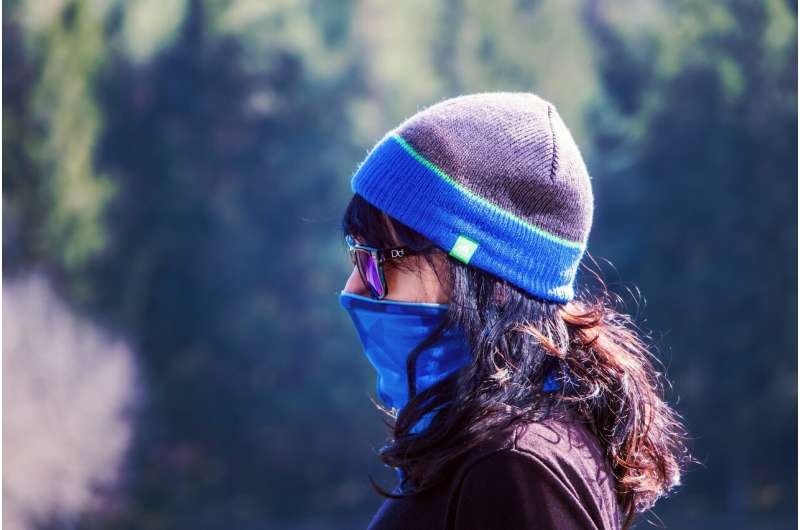AstraZeneca on back foot again over vaccine safety fears


Dogged already by rows with European politicians, AstraZeneca was forced anew to defend its coronavirus vaccine on Friday over concerns about a potential link to blood clots.
The decision of some countries in Europe and Asia to suspend their use of the COVID-19 jab was extra bad news for the UK-based pharmaceutical company, which has taken a knock with investors even as authorities around the world insist the jab remains safe.
“An analysis of our safety data of more than 10 million records has shown no evidence of an increased risk of pulmonary embolism or deep vein thrombosis in any defined age group, gender, batch or in any particular country” from the jab, AstraZeneca said.
“In fact, the observed number of these types of events are significantly lower in those vaccinated than would be expected among the general population.”
The jab, developed with Oxford University, forms the mainstay of Britain’s vaccination programme, and of many developing economies. It is relatively cheap, and easier to store than other jabs.
But it has been repeatedly hit by controversy in Europe, with some governments initially refusing to certify its use for people aged over 65—initially over sparse data proving it was safe for the elderly, although this has now been provided.
The company has also been embroiled in a dispute with the European Union over its delivery schedule, amid accusations that it is favouring Britain because its home country secured a contract earlier, prior to its full exit from the EU.
The controversies have taken a toll on public confidence in Europe, with millions of AstraZeneca jabs sitting unused to the consternation of experts who say that needless rows are setting the inoculation campaign back.
“When something bad happens after you have had a vaccination, it’s natural enough to wonder whether the vaccine was the cause,” said Adam Finn, professor of paediatrics at the University of Bristol in southwest England.
But in any mass inoculation campaign, “unexpected and unusual illnesses are going to happen in the period following vaccination by chance”, he said.
“In the meantime the risk benefit balance is very clear—better to get vaccinated as soon as the invitation arrives both to minimise your personal risk and to help get the epidemic under control, so we can all progress towards a more normal future.”
‘Dubious’ politics
This week Denmark, Norway and Iceland all paused their use of the AstraZeneca vaccine as a precaution after isolated reports of recipients developing blood clots.
Italy and Austria have also stopped the use of shots from separate batches, while Bulgaria and Thailand said they would delay its rollout.
However, the World Health Organization earlier Friday said there was no reason to stop using the vaccine, stressing there was no causal link between the jab and any clotting.
A range of other health authorities have also insisted it is safe, including the European Medicines Agency.
But the EMA on Friday also said that severe allergies should be added to its possible side-effects.
Britain began the world’s first vaccination drive in the general population in December, underpinned largely by the Oxford-AstraZeneca jab and another from Pfizer-BioNTech, and has strenuously defended AstraZeneca’s safety and efficacy.
But the impact of the rolling disputes is being seen on the London stock market.
In Friday afternoon trading, AstraZeneca shares were down 1.11 percent at 6,935.00 pence. They have lost five percent over the year to date, compared to a rise of 4.50 percent for London’s FTSE-100 share index.
“Coming on top of reports in some countries that are linking the vaccine to blood clots, the company can’t seem to catch a break when it comes to reports around its vaccine,” CMC Markets chief market analyst Michael Hewson said.
The EU delivery shortfalls were “more of an optics problem than anything else”, he added.
Source: Read Full Article




